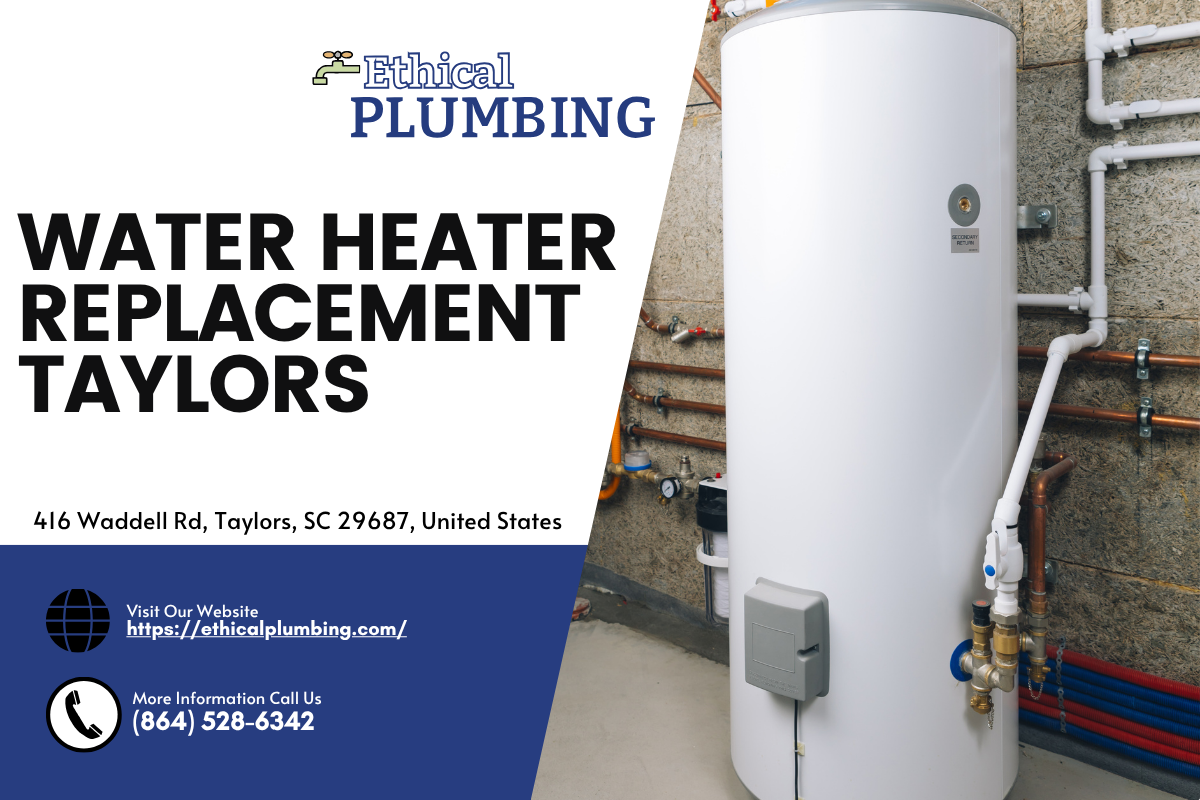
# How to Choose the Best Water Heater Replacement for Your Needs
**How to Choose the Best Water Heater Replacement for Your Needs**
Choosing the best water heater replacement for your needs involves several factors. First and foremost, consider your hot water usage patterns. Do you have a large family that requires multiple simultaneous showers? Or perhaps you live alone and don't use much hot water at all? Assessing your daily needs is crucial.
Another important factor is energy efficiency. Modern water heaters come with different energy ratings which can significantly impact your utility bills. Look for units that are ENERGY STAR certified; they typically consume less energy compared to older models.
Then there's the question of type: do you prefer a traditional tank-based heater or a tankless model? Each has its pros and cons regarding cost, installation, space requirements, and efficiency.
Finally, consider whether you'll need professional assistance for installation or maintenance. A qualified technician can help ensure that the installation meets local codes and operates efficiently.
# **1. Traditional Tank Water Heaters**
Traditional tank water heaters are perhaps the most common type found in homes today. They store hot water in an insulated tank until it’s needed.
**Advantages of Tank Water Heaters**
- **Lower initial cost:** Generally cheaper to purchase and install.
- **Familiar technology:** Many homeowners feel comfortable with this traditional system.**Disadvantages of Tank Water Heaters**
- **Energy loss:** Heat can escape from the tank even when not in use.
- **Limited supply:** Once the stored hot water runs out, you must wait for more to heat.# **3. Heat Pump Water Heaters**
Heat pump models use electricity to transfer heat from one place to another instead of generating heat directly.
**Advantages of Heat Pump Water Heaters**
- **High energy efficiency:** Can be two to three times more efficient than conventional electric resistance water heaters.
**Disadvantages of Heat Pump Water Heaters**
- **Temperature sensitivity:** Performance drops significantly in colder climates.# **1. Energy Factor (EF)**
The Energy Factor measures overall energy efficiency based on how much hot water is produced per unit of fuel consumed over a typical day. Higher EF ratings indicate better efficiency but often come at a higher initial price point.
**Sizing Your New Water Heater Appropriately**
Choosing the correct size is vital; too small means running out of hot water quickly while too large wastes energy maintaining unnecessary volume.
# **Choosing Between Point-of-use vs Centralized Heating Systems**
Point-of-use systems are ideal if specific faucets require immediate access without waiting on long waits from centralized systems located further away (like basements).
# **1. Natural Gas Water Heaters**
Natural gas units typically operate faster than electric models but often require venting systems which can complicate installations.
# **3. Solar-Powered Solutions**
Solar options provide sustainable solutions but might necessitate supplementary wiring due their dependency on sunlight availability—a great option if sustainability tops your priority list!
**Water Heater Maintenance Tips For Longevity**
Regular maintenance plays an essential role in extending life expectancy while preventing costly repairs down-the-line:
1. Flush tanks annually
2. Check anode rods every 3 years3 Ensure proper insulation around piping
Neglecting these tasks could lead far worse outcomes than simply having cold showers unexpectedly!
**FAQs About Choosing The Best Replacement**
# 2) How Long Should My Current Unit Last?
Most standard tanks last between 8–12 years; higher quality brands might exceed expectations—but anticipating replacements sooner ensures peace-of-mind regardless!
# 4) Can I Replace The Unit Myself?
While DIY enthusiasts thrive tackling projects—the intricacies involved usually warrant professional help unless experienced with plumbing/electrical systems already established beforehand!
# 6) Are There Rebates Available For Energy-Efficient Models?
Yes! Various tax incentives exist dependent upon location/utility providers offering customers reduced prices incentivizing greener alternatives considerably towards sustainable practices benefiting everyone involved!
code1/pre1/##